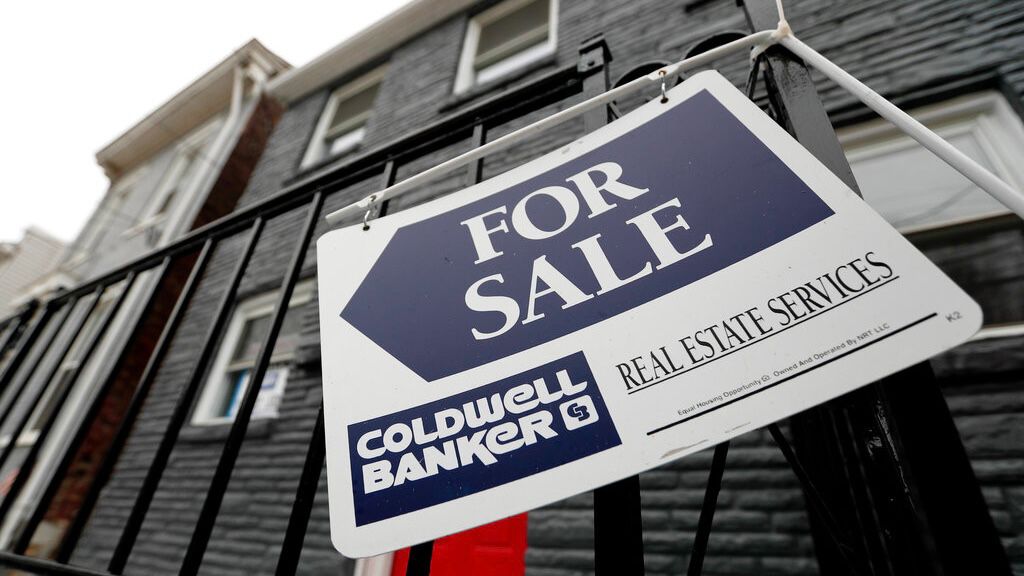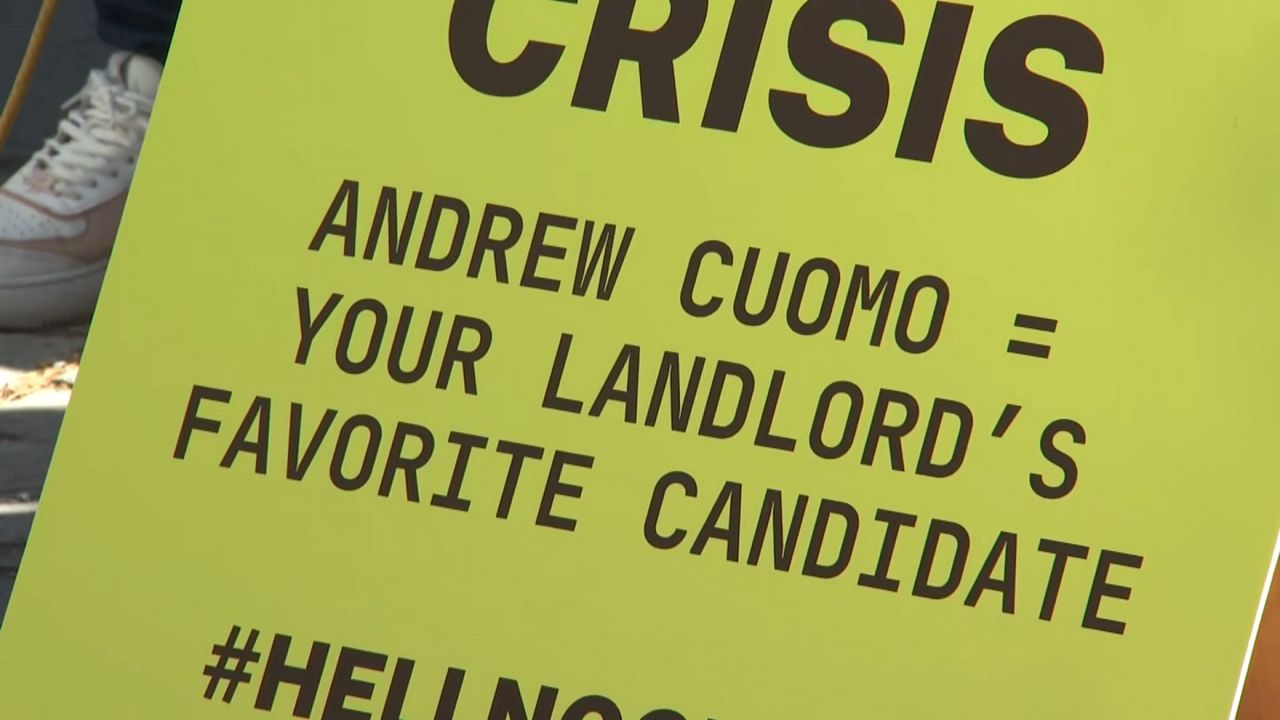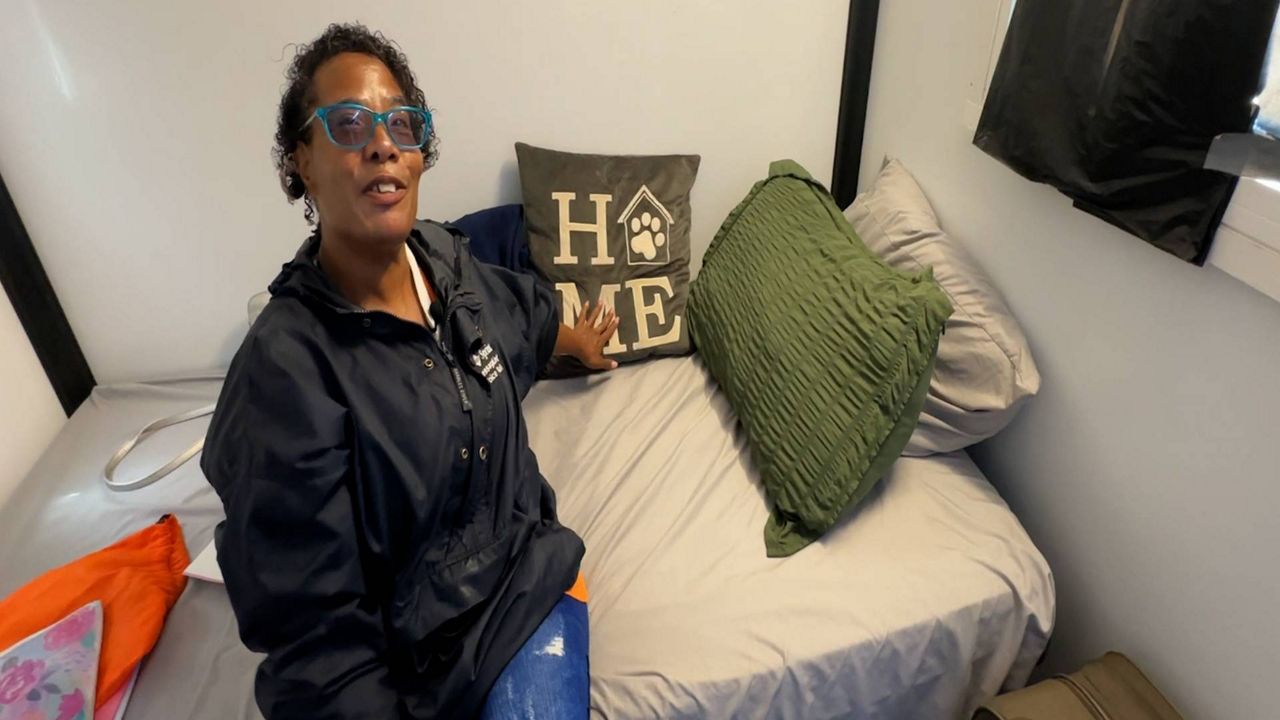STATEWIDE — Since Florida’s eviction moratorium expired last week, the only protection currently available for renters at risk of eviction is the federal eviction moratorium, put in place by the Centers for Disease Control and Prevention.
Protection under the federal order is not automatic. To declare eligibility, tenants must submit a specific declaration form to their landlords.
What You Need To Know
- Some renters may not be aware of federal eviction moratorium
- Local and state bans had mostly been automatic
- Tenants will eventually still have to pay owed rent
- CDC moratorium ends as of December 31, 2020
Housing experts worry that renters in states without eviction moratoriums — including Florida — may not be aware of the new procedure.
“Most state and city eviction moratoriums, and even the previous, more limited, federal eviction moratorium, they were automatic,” National Low Income Housing Coalition Chief Executive Officer Diane Yentel said. “So if renters met the requirements or lived in the properties that were covered, there was no action required of that renter to be protected.”
That’s not the case now with the federal moratorium.
“The biggest concern right now is renters may not know that they are protected under this federal eviction moratorium, and they may not know the actions they need to take,” Yentel said.
The CDC’s federal moratorium is currently set to expire Dec. 31, 2020. It does not waive any back rent or late fees accrued by renters during the period when the moratorium is in effect.
Molly Duerig is a Report for America corps member who is covering affordable housing for Spectrum News 13. Report for America is a nonprofit national service program that places journalists in local newsrooms to report on undercovered issues.








